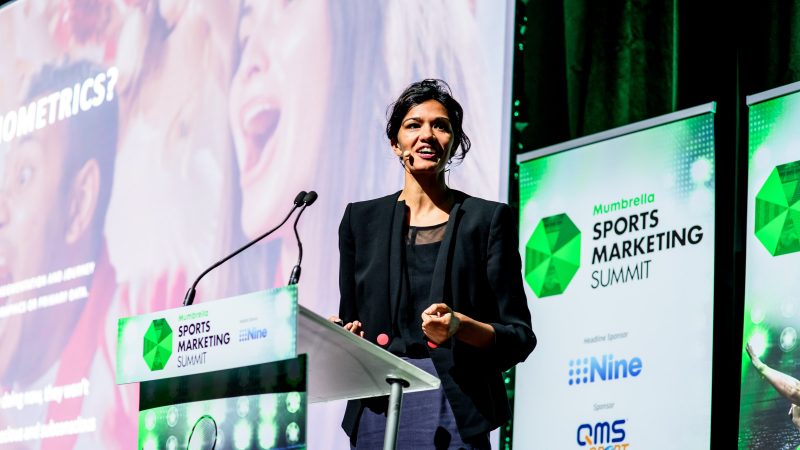You need to know your fans’ personalities if you’re going to successfully market to them: Edelman’s Anjuli Bedi
Sports marketers need to understand their fans’ personality types to properly mobilise and engage them, according to Anjuli Bedi, Edelman’s Singapore-based associate director, analytics and psychometric analysis.
Bedi, speaking at Mumbrella’s Sports Marketing Summit, said the success of sponsorships, brand deals, and internal marketing lies with understanding who your fans are and why they care about your team.



The truth is, they might claim to know who they are talking to, but they just don’t really know how to engage with them to get them interested. Most of Nike’s best work were based on gut not data.